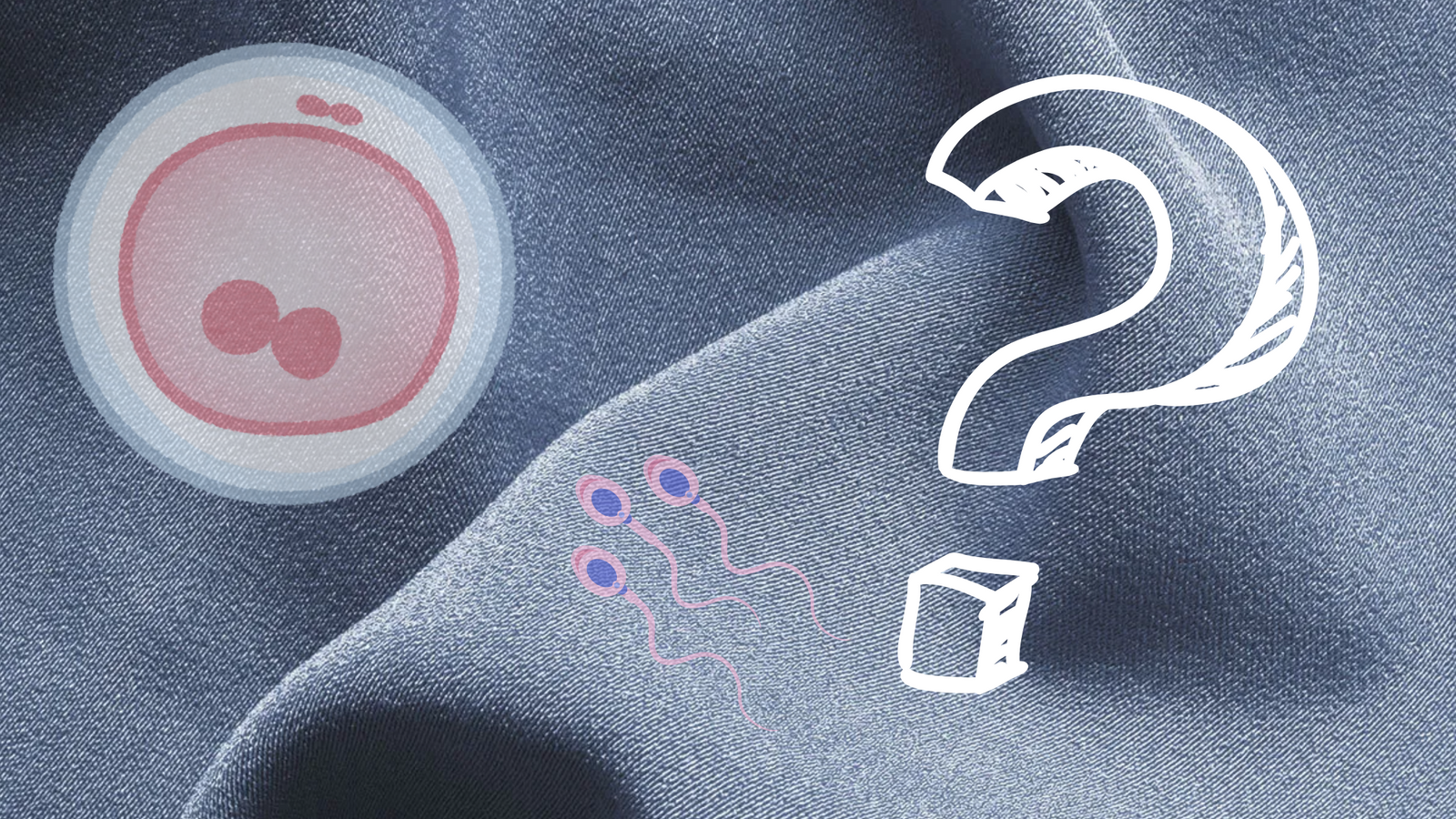Your Cart is Empty
FREE WORLDWIDE SHIPPING! Use code "SUPERNATURAL"
FREE WORLDWIDE SHIPPING! Use code "SUPERNATURAL"

3 min read
Polyester is a ubiquitous fabric. From wrinkle-free dress shirts to cozy fleece jackets, it's almost woven into the very essence of our wardrobes.
But in recent years, concerns have grown about the potential health impacts of this synthetic material. Mainly due its effects on skin health and levels of micro-plastics toxic chemicals.
Although, like other synthetic fabrics, it does offer an affordable and effective material to make garments from. This arguably gives it a wide range of uses and applications for different types of clothes manufacturing.
But an ever increasing number of health and eco conscious consumers of fashion are beginning to fall-out-of-love with polyester, in favour of natural textiles.
So, the question remains,is polyester bad for you?
Well, without wanting to give the game-way, it might not pay to be too poly-amorours. As will be explained in this article, read on to learn why.
The tightly woven fibers of polyester can trap sweat and heat, creating a less breathable environment next to the skin. This trapped moisture can irritate the skin, leading to a range of uncomfortable symptoms. Here's a closer look at some of the potential problems:
The production process of polyester involves a number of chemicals, raising concerns about potential health risks from exposure.
One such chemical is antimony trioxide, a flame retardant used to prevent polyester fabrics from igniting easily.
While antimony trioxide is tightly bound to the fibers during manufacturing,some studies suggest it may leach out in small amounts, particularly when exposed to high heat (like from drying clothes at high temperatures) or sweat.
Here's a breakdown of the potential risks andongoing research:
When you look at the existing evidence, the case against polyester seems fairly strong. Ans it seems that polyester is probably pretty bad for you and best avoided.
The good news is there are plenty of safer and eco-friendly alternatives to polyester.
Organic cotton, hemp, and Tencel (a fabric derived from wood pulp) offer comfortable and breathable options with a lower environmental footprint and toxin content.
Truly organic cotton for example is 100% toxin free. The only issue with these natural fabrics is that they tend not to provide the same performance and durability benefits as polyester.
Which is especially important when buying clothing like activewear or leggings that you use for the gym, yoga or just everyday lounging.
If you’re seeking high-performance activewear without the toxins of polyester then you should checkDOJO leggings.
Our award-winning, organically mineral treated cotton is a ground-breaking textile that has all the benefits of polyester and natural cotton combined. Plus unique anti-microbial properties that no other activewear can match.
Learn more about our technology and leggings on ourtech page, or visit ourshop to purchase your pair today.
Comments will be approved before showing up.

5 min read
It’ll be well known to our audience that Southeast Asia hosts the world’s most popular destinations for yoga retreats, and many of you may well have trips planned for the coming months.
With the lush jungles of Sri Lanka, the peaceful rice terraces of Ubud, or the tranquil beaches of southern India, there’s no better place to immerse yourself in the culture of yoga and meditation.
But there's one unexpected guest making headlines this season - dengue fever.

4 min read
It's fair to say that the cobra, and its meaning, is less well known than some of yoga's other classic poses such as 'downward dog' or the 'dolphin'.
But it's proably the most benefical and effective pose in the entire practice. In fact, if we could only choose one yoga pose to do forever, it would be the cobra. As it's fantastic for spinal-decompression, which has amazing allround benefits for your body.

5 min read
There's a growing body of research suggesting that exposure to the chemicals used in polyester production might have implications for human fertility. This post will explore the potential connections between polyester and infertility, shedding light on both the chemical exposure it causes and the biological mechanisms that may be affected.

Use code SUPERNATURAL at checkout